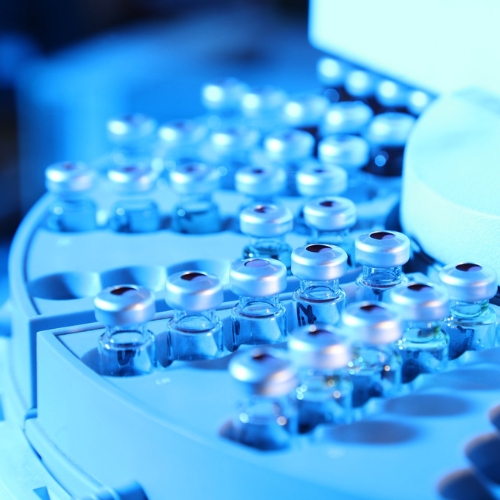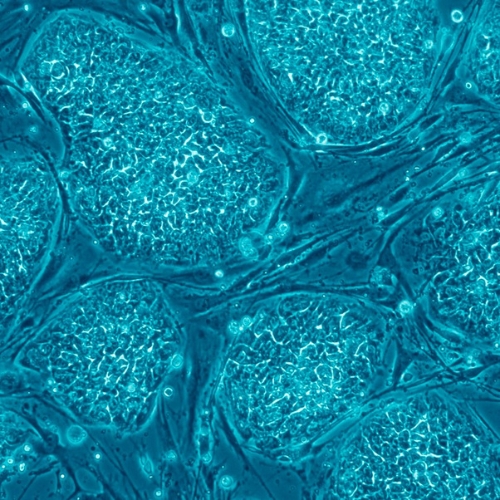Key points from article :
Researchers are pursuing many approaches to address retinal health issues which requires massive amounts of retinal cells.
Growing retinal tissue in vitro has limitations: initial neuron growth stimulation, 30 days for the artificial retina and up to one year for human organoids.
The MIPT-Harvard team tried to address these problems by increasing the number of cells produced and improving their quality.
Researchers compared the quality of the robot- and human-grown cells.
Automation algorithm optimizes cell production by simultaneously testing many systems — without any adverse effect on tissue quality.
The approach reduced the time for cell processing from two hours to just 34 minutes.
“Automated sample handling reduces the effort on personnel and produce more cells in the same period. The algorithm would be applicable to other organoids, not just the retina” - Evgenii Kegeles, lead author.
Research by MIPT- Harvard.





